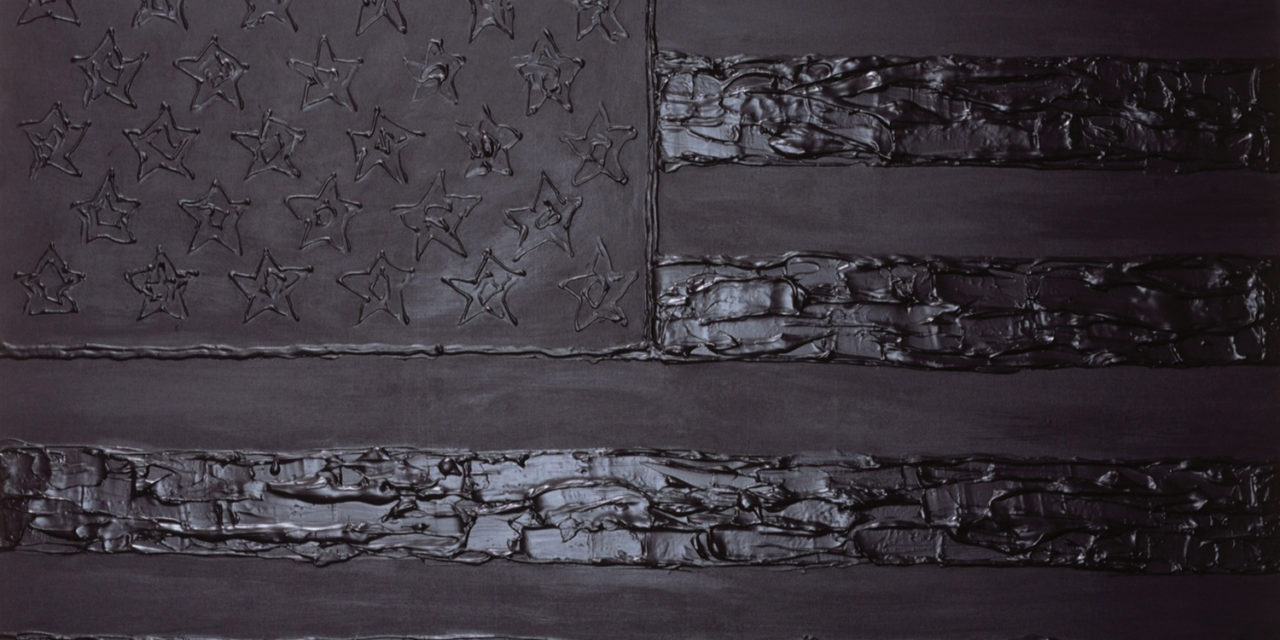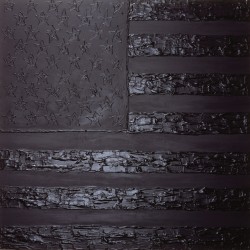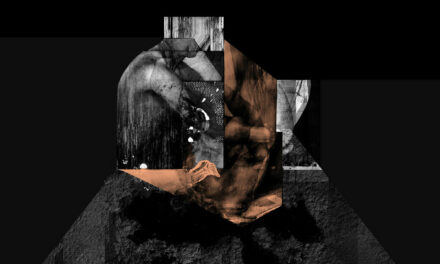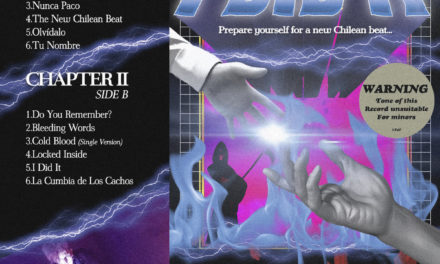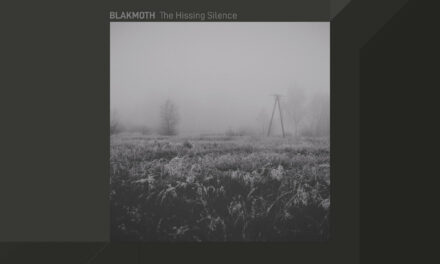UK Decay
New Hope For The Dead
Rainbow City/Metropolis
At the outset of 2013, the prospect of a new UK Decay record would’ve seemed as unlikely to me as the electoral collapse of the provincial NDP or the world suddenly giving a shit about Alan Thicke’s son (there’s a Can-Con double-shot for you), but hey, here we are! Unlike the latter two events, the return of the seminal UK deathrock/post-punk act is actually cause for celebration, and perhaps not entirely unexpected: the reunited group have been gigging for a couple of years now, the future (economic and otherwise) of young Englanders is as bleak as its been since the rise of the Iron Lady (rot in pieces), and goth rock’s most primal roots remain a continuing fascination both across the pond and here in North America. In keeping with these historical links, New Hope For The Dead serves as a handy bridge between the group’s past and their undeniable viability as a current act.
Along with fellow true-schoolers 1919 and Ausgang (the latter of which also regrouped for a kick at the can a few years back), UK Decay helped to pioneer the sparse and skitterish, yet simultaneously deeply dramatic branch of punk which would morph into first wave goth rock, and it’s that same sound which is on display here. Were it not for the differences in production, there’d be little to distinguish “The City Is A Cage” from material from numbers like “Battle Of The Elements” from UK Decay’s sole previous LP, For Madmen Only. The subject matter is also of the same cast as the original model, touching on urban rebellion (“Revolutionary Love Song”) and the intractable realpolitik of the Israeli/Palestine conflict (“Heavy Metal Jews”).
New Hope‘s musical proximity to its origins are both its blessing and its occasional downfall. The odd mix of pithy foreign policy satire and cool disaffection on “Killer” is reminiscent of vintage TSOL, whereas “Woman With A Black Heart” isn’t really bringing anything new to the old “wronged by an evil girlfriend” tropes which I’d have been happy to leave in the 80s. A more compelling experiment happens on closer “Drink”, which has a depth and stormy lyricism that brings Current 93 to mind, floating down the boozy River Lethe.
While not much new territory is being forged on New Hope For The Dead, that’s not really the point; that the band’s classic sound still sounds great and, perhaps more importantly, feels relevant to today’s world. Whether you were around for the original records or not, if the sound or aesthetic of “goth before there was goth” still resonates with you, then the return of UK Decay warrants your close attention.

